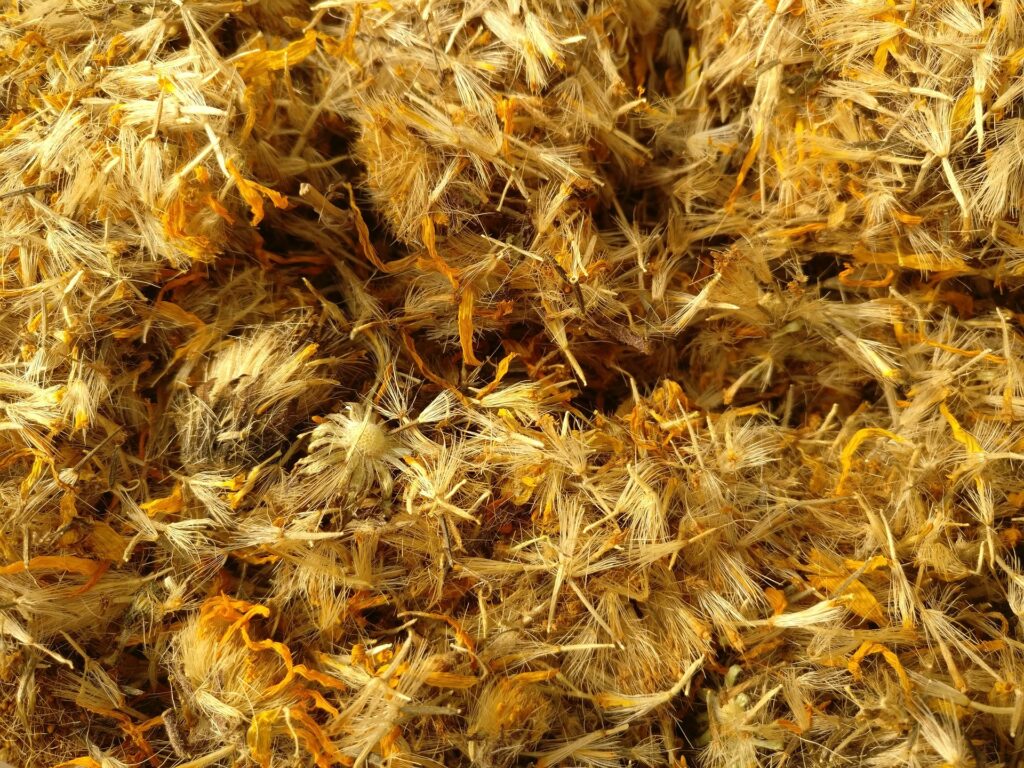
Curious About the Power of Arnica? Try Our All-Natural Herbal Infusion Today!
Arnica montana—also known as wolf’s bane, leopard’s bane, mountain tobacco, and mountain arnica—is a resilient alpine flower from the sunflower family. Thriving in the meadows of Siberia, Central Europe, and parts of North America, including Colorado. This aromatic plant grows at altitudes up to 3,000 meters, where harsh conditions intensify its healing compounds.
For generations, Arnica has been revered for its analgesic and anti-inflammatory properties. It’s commonly used in herbal and homeopathic remedies to help ease bruising, swelling, joint pain, and muscle soreness. Swiss mountain guides even chewed the leaves to combat fatigue during long treks through the Alps—earning Arnica its nickname, mountain tobacco.

Rich in inulin (a natural prebiotic sweetener), selenium, and manganese, Arnica offers more than just pain relief. These powerful antioxidants support bone health, wound healing, and cellular metabolism, potentially enhancing the body’s ability to recover from injury.
Traditionally used to treat trauma—both physical and emotional—Arnica has been applied in herbal compresses for sprains, and used homeopathically to soothe weary hearts and promote resilience in the elderly. However, Arnica is toxic if ingested and should only be used externally in safe, properly prepared formulations.
At Mother Jai’s, we create small-batch Arnica Oil infusions in Arvada, Colorado, using time-honored methods to ensure purity and potency. Our Arnica Oil is made for topical use only and is ideal for relieving aches, pains, and bruises naturally—without harsh chemicals.
Want even more benefits? Our Arnica Oil is combined with St. John’s Wort Oil to amplify the effects and provide deeper relief.
Experience the natural way to heal—shop for Mother Jai’s Healing Oil today!



